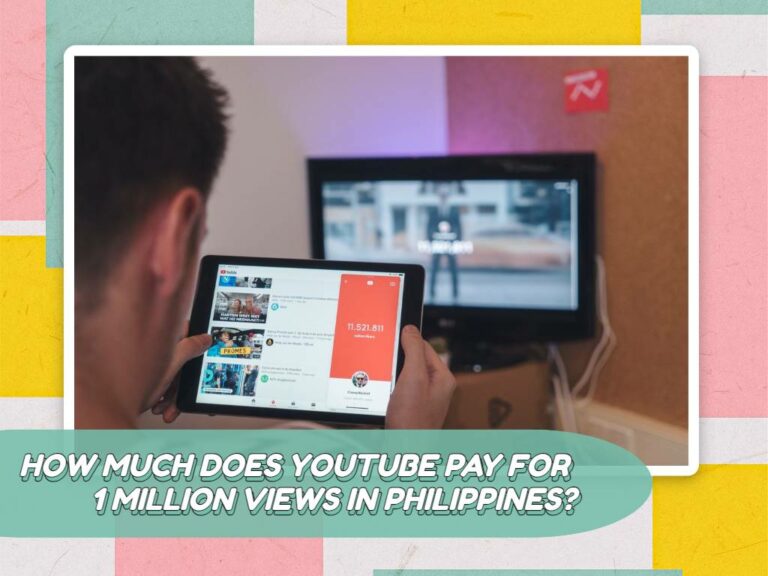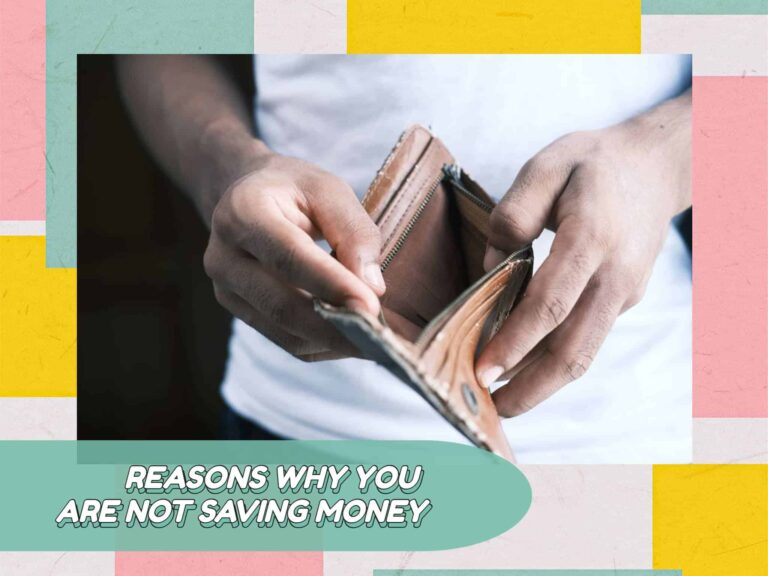Stage 5 Debt Free
Debt is any money you owed. It can range from personal loan with a friend or a family member to loans with a bank through a credit card and home mortgage.
Good debt versus bad debt
Something is considered a good debt if its value increases over time and/or it can generate an income. Examples are rental property, student loan or a business venture. A bad debt is anything whose value decreases over time, and/or does not have any potential for earnings, such as gadgets, consumer goods and clothes.
What is the overall cost of debt
Paying your debt as soon as possible is important to financial planning. Its overall net cost is more than the original amount owed because of:
- Interest. The amount of money that you owe increases by the interest, a lot more if it is compounded and remains unpaid for an extended length of time.
- Penalties for non-payment make matters worse, and increase the borrowed amount.
- Opportunity costs. You are obliged to pay within a specific period of time. The money that you spend paying for it could have earned an income through interest or dividend had it been otherwise invested.
What are the easy ways to pay off debt

You need to get started managing your debt quickly before it gets out of hand.
List down all your debts
Assess your situation by having clear information of each debt, and then get the sum of all of your debts. Make sure that you list down the person or the bank that you owe money from, the principal amount, interest, penalties, due date and payment terms.
Stick to a budget
Stay on top of the situation by making and following a budget. Always try to live below your means so you can set aside money for repayment. Alternatively, you can also look for ways to increase cashflow.
Better yet, try to check with your bank if they can let you arrange automatic payment of your loans and credit cards from your payroll account. In this way, you can stay consistent and not have a choice of skipping a due date.
Negotiate
If you think you are having a hard time settling your obligation, get in touch with the creditor. Talk about relaxing the terms of the contract. Check if they can cut you some slack. They will appreciate that you reach out to them to negotiate on how you can settle your debt, and are more likely to given in to your request of making the terms more agreeable to your situation.
Learn to prioritize
There are two smart ways of liquidating outstanding debts:
- Snowball. You start paying off the smallest up to the largest debt. This is a strategy for people who wants to settle multiple accounts. It creates an immediate feeling of achievement of being able to close down debts to move on to the next one.
- Avalanche. You start paying the debt that carries the highest interest or that charges the stiffest fees and penalties. It is a method that makes sense financially. It lessens the overall costs of all of your debts in the long run, and allows you to save in the process.
Should you pay debt first before saving
It depends. Check the interest of your debt, and compare it against the interest you earn from saving.
If the interest you are paying is higher than interest of your savings, then get rid of the debt first. Otherwise, it would make sense to build up your savings if the debt carries no risk of high interest or fees such as a personal loan with a colleague or family. By saying that, being able to pay debt and save at the same time is the best way to go.
Should you pay debt first before investing
There is only one answer. Pay the debt first. The income that you get from investment is not guaranteed, while the interest of the debt is established and constant. But then again, having the ability to settle your liabilities while at the same time continue building up your investment portfolio is a better alternative.


